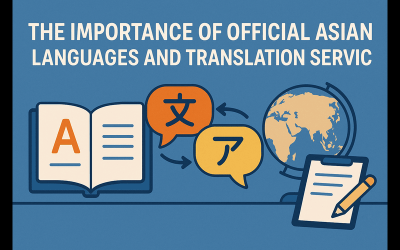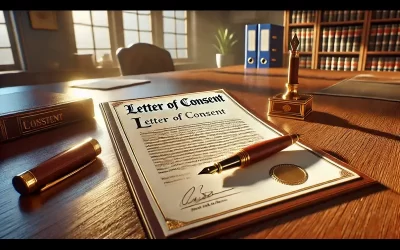Whether you’re looking for a freelance translation job or about to apply for an in-house translator role, your CV is always going to be the first and foremost piece of paper that recruiters take into consideration. It is the first thing they see when making the decision to work with you on or not.
Everybody who’s anybody in the translation industry has a CV
How you present yourself matters. And showcasing your skills, previous job experience and field of expertise means a lot more than what you have accomplished so far. Maybe you have translated over 1 million words in the last couple of years. Or maybe you have edited and reviewed twice as much. None of these things actually matter if there are typos in your CV or you misspelled translator as ‘‘translater’’.
Your CV should have a proper title
As a translator, you are expected to be able to put forward ideas properly and sum things up. Recruiters read countless CVs every single day. That’s why their average attention span seem to only decrease as their mail boxes get bombarded with freelance translator CVs throughout the day. To help them spot yours effortlessly, you may consider adding a title to your CV. Most translators prefer to mention the language pair they offer services in, such as ‘‘English to Spanish Translator’’ or ‘‘French to Arabic Translator’’ in their CV title. However, some prefer to just go with ‘‘Legal Translator’’, ‘‘Medical Translator’’ or ‘‘Technical Translator’’.
Both of these approaches have their own pros and cons
If you adopt the first approach, you will probably end up getting more clients and job offers. However, we would not advise you to undertake a translation job that requires expertise in a certain field of translation if you don’t possess the translator skills required to handle such translation project. On the other hand, if you call yourself a ‘‘legal translator’’ then you should be applying for relevant jobs. As another translator candidate whose title is ‘‘medical translator’’ is more likely to be hired for an ongoing medical translation project.
When applying to international companies, make sure that your CV translation sounds native in a foreign language, your CV should be translated perfectly well for you to be able to compete with local translators!
Showcase your accomplishments
It’s not always that easy to describe who you are and what you do as a translator on your resume to the fullest. If you have specific accomplishments that you think is worthy of mentioning in your CV, then you may very well go ahead and mention about it! Maybe you have translated The Lord of the Rings into your native language, added subtitles to several episodes of Game of Thrones or did game localization of Assassin’s Creed. Why not showcase what you already have?
By the way, don’t just brag about the confidential document translation you completed last night for a client whose name should remain unknown (Yeah, don’t do that). Instead of doing so, try other variations when preparing your CV.
Keep it concise
Filling your translator CV with soft skills such as ‘‘great team player’’, ‘‘very reliable person’’, ‘‘energetic’’ or ‘‘friendly’’ may not be effective. Instead, try adding a few buzzwords that are relevant to the translation industry. These may increase your chances of landing your dream in-house translator job. Or simply help your CV stand out of many others submitted by others.
When reading your CV, most recruiters usually search for terms like ‘‘localization’‘, ‘‘proofreading’’, ‘‘subtitling’’, ‘‘post editing’’, etc. Therefore, especially when it is a general application of a LSP, you may consider adding additional skills and qualifications you possess. Simply to let them know that you may also contribute to other processes than only translation.
Add personal notes
Don’t just copy and paste your default application line when sending your CV to your next potential employer. Adding personal notes and even addressing the recruiter with his/her name can make a difference in this competitive market, where hundreds of translator applicants try to make their way into translator database of LSPs.
Bonus: Don’t forget that you can actually have more than one CV
You may consider preparing multiple CVs! And using one depending on the language service provider you’re about to apply to. You may even make amendments on your CV according to one specific job. By doing so, you will address the recruiter directly and show him/her that you are the right candidate for that specific position!
Certified Translation Services
Get your documents translated and certified by a professional translator in 120+ languages with 24 hour delivery.
Get a Quote Rana Maalouf
Rana Maalouf

